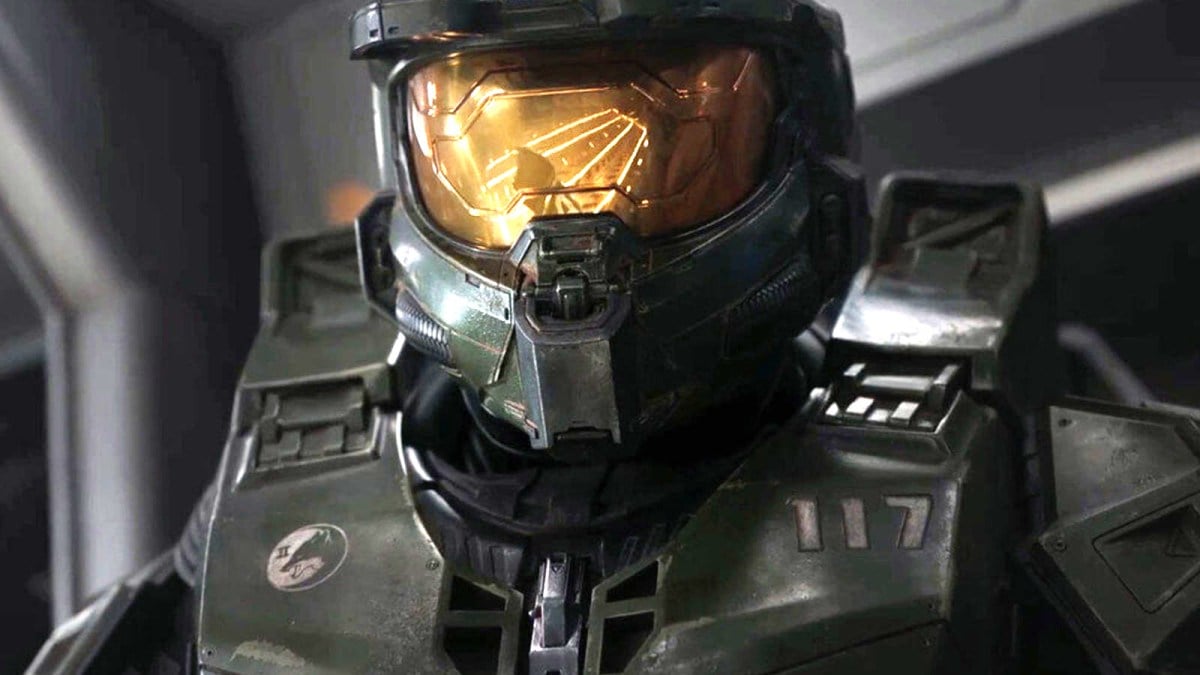Fans are looking forward to the upcoming launch of Paramount Plus’ Halo television series with a mix of trepidation and excitement, particularly in light of news that the series will not follow the video game franchise’s canon.
The console series has an established mythology that stretches all the way back to 2001. The games are enduringly popular for a reason: thoroughly enjoyable action paired with a solid storyline, one that has only improved over the saga’s lifetime.
While the first installment’s story may not have the complexity and emotion of more recent releases, it defined a generation of gamers. The title seeps nostalgia for many fans, and likely contains the most popular story of all Halo releases, if only because it was the one that introduced us to the world.
Later games, like Halo: Reach and Halo 2, offer more in the way of story and world building, fleshing out an enchanting and rich universe full of soldiers, aliens, politicians, and scientists. With so many stories to pull from — a full 16 games currently exist in the Halo universe — many fans see no excuse for the new series to follow a non-canon storyline.
It’s not like this world hasn’t been well established. Of all the Halo titles released, a full eight of them follow the same linear storyline. There is plenty of established lore to tell in a television series, so why did the mess of production companies behind the Halo series choose to deviate from it?
According to Franchise Creative Director Frank O’Connor, the decision was made to “protect the integrity, simplicity, and future of the core canon, but also not be limited by it.”
With the “realities of a new medium and the process of production” in mind, O’Connor says the team decided to “set the Halo television series in an authentic, but independent, timeline.”
In making this decision, the team behind the Halo show hopes to inject some fresh energy into the property, while still delivering many of the elements fans love about the series. Rather than rehash Master Chief’s origin story, Halo aims to tell the unheard stories from every corner of the mythology. The narrative will still orient itself around the Chief, of course, but will also tell the Spartan story “through the eyes of the kids who experienced it” and “the adults tasked with making it happen.”
The television series will “tell a story about a fairly dark period in the Halo universe, and unblinkingly look at the ethics and morality – but with the advantage of perspective,” according to O’Connor. “We know why the SPARTAN-II program happened and also why it may have been necessary, but the moral ambiguity of both events and characters is going to act as a prism for how we view things we thought we already knew.”
The team behind the project is well aware that video games don’t always adapt to television or movies well. They kept this in mind during Halo‘s development, leaning on lessons learned in the past — looking at you, every Mortal Kombat adaptation ever made — to create a better series.
The team aims to “use the existing Halo lore, history, canon, and characters wherever they make sense for a linear narrative,” while also keeping in mind that focusing too much on the original can “invalidate the core canon or do unnatural things” by “force[ing] a first-person video game into an ensemble TV show,” according to O’Connor.
Nothing major is set to see a change, so don’t expect a female Master Chief or for Cortana to be written out of the series. Instead, O’Connor and his team are set on following the “Silver Timeline.” This timeline will follow the events established in Halo‘s many games, while also differing “in subtle and not so subtle ways in order to tell a grounded, human story, set in the profoundly established Halo universe.”
It seems like the Halo showrunners are intent on creating an adaptation that still manages to deliver deviations and surprises, much like HBO’s adaptation of Game of Thrones, or AMC’s adaptation of The Walking Dead. Both tell stories indebted to the original source material, while also switching things up from time to time to keep fans on their toes. It worked well for both the aforementioned shows — in their early seasons, at least — and could make for a truly stellar Halo adaptation.
The Halo series is expected to launch before April of 2022. The show’s official launch date will be announced this Sunday when the full-length trailer debuts.












